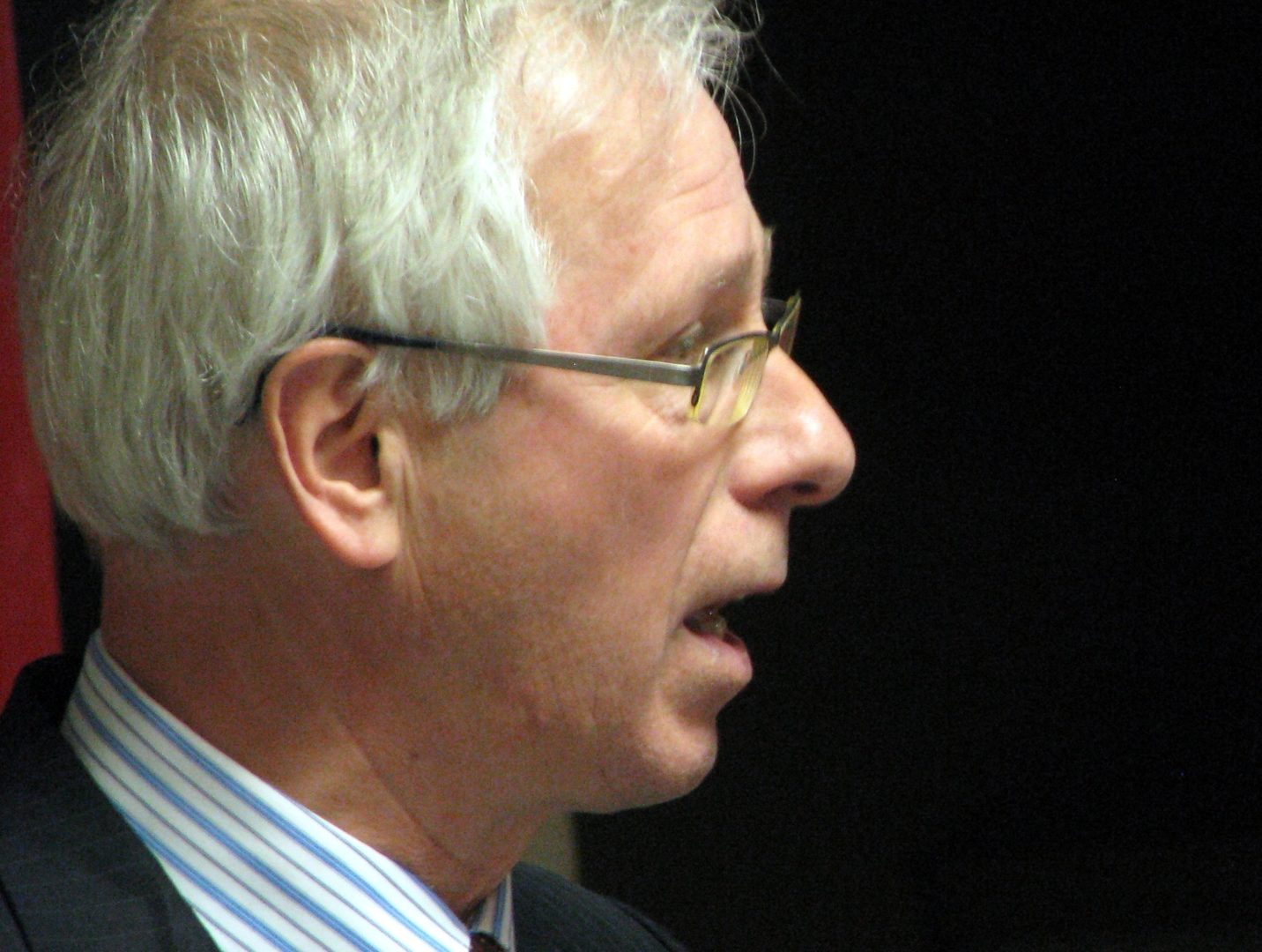“Canada’s severing of ties with Iran had no positive consequences for anyone: not for Canadians, not for the people of Iran, not for Israel, and not for global security,” Canadian Foreign Affairs Minister Stéphane Dion said Tuesday at a University of Ottawa conference, where he outlined that Canada’s new approach to foreign policy would be founded in the concept of “responsible conviction.”
“Canada’s embassy in Iran has been closed for over three years. With which results? Is it right to need to count on Italy to protect our interests in this country?” Dion asked, referring to Canada’s maintaining of an interest section at the Italian embassy in Iran.
“Today, Canada must return to Iran to play a useful role in that region of the world… We are being asked by all sides to reengage, and we are doing so,” he said.
READ: STÉPHANE DION ASKS UN TO REVIEW NOMINATION OF ANTI-ISRAEL PROF
In 2012, Canada, under the auspices of former Primer Minister Stephen Harper (known for his staunchly pro-Israel, anti-Iran position), closed its Tehran embassy and expelled Iranian diplomats over Iran’s nuclear agenda, its stance toward Israel, and its support of the Syrian regime.
In January, shortly after being named foreign affairs minister, Dion claimed that Canada would look to lift sanctions on Iran and restore ties between the two nations.
The Liberal government “is back” in world affairs, Dion said Tuesday, adding that its new policies maintain some of the ideas introduced by the former Conservative government, while reversing its “disengagement” approach to global affairs.
Dion also spoke of Canada’s need to play a larger role at the United Nations.
“The minor role that Canada has played at the UN in recent years had no positive consequences for anyone. Other countries, including democracies similar to ours, are asking us to return to the UN. In the wake of our sizeable contribution to the UN High Commissioner for Refugees, the Trudeau government will ensure that Canada resumes its position in the UN, from the Commission on the Status of Women to the Security Council.
“True, the UN is an imperfect institution, but it is the one we have, and we must not neglect it if we want to advance our objectives of democracy, human rights, peace, justice and sustainable development,” he said.
On Iran, Dion pledged that Canada would not “be silent or inactive when we see Iran move in the wrong direction.”
“Canada will continue to steadfastly oppose Iran’s support for terrorist organizations, its threats toward Israel, and its ballistic missile program, while also monitoring Iran’s compliance with its obligations under the Joint Comprehensive Plan of Action,” he said, referring to the agreement that lead to the lifting of international sanctions on Iran over its controversial nuclear program.
READ: CIJA ‘DISAPPOINTED’ AFTER CANADA FAILS TO RENEW OFFICE OF RELIGIOUS FREEDOM
“In line with the approach taken by the majority of our allies and like-minded [countries], we also amended our unilateral sanctions” against Iran, Dion said. “Unilateral sanctions [against Iran] maintained by Canada alone would be ineffective against Iran, and would have negative consequences for many Canadian families and businesses.”
He also expressed his willingness to reopen Canada’s embassy in Tehran.
In a statement to The CJN, Michael Mostyn, CEO of B’nai Brith Canada, questioned Dion’s position. “Why should Canada re-engage Iran at this time? We see by Iran’s words and actions that it is doubling down on repression, terror and militarism. Now is not the time to re-engage Iran.
“We are talking about a regime that is a notorious human rights abuser, which actively persecutes its own citizens. Re-engagement with the Ayatollahs not only legitimizes Iran’s despotic regime, but may potentially put Canadians in danger. This is why we cannot allow the reopening of the Embassy in Ottawa, originally closed for security reasons,” Mostyn said.
“Canada has a role to play as a moral voice in the world and we must not allow shortsighted business interests to trample the promotion of human rights.”
Shimon Koffler Fogel, CEO of The Centre for Israel and Jewish Affairs (CIJA), said the Liberal government’s shift toward a policy of constructive engagement is a “perfectly legitimate approach to the management of foreign policy.”
While the Trudeau government has set out a different approach on Iran, “the core policy considerations have not changed – at all,” Fogel said.
“By way of a related example, Canada has opted for a different kind of contribution in the fight against the so-called Islamic State. Time will tell whether this proves to be a more useful allocation of Canadian resources, but the change certainly does not reflect any change in Canada’s position regarding the threat posed by this Islamist group.
“So far, on the substantive issues, the Trudeau government has done well on our files – both international and domestic. The government has been accessible, our views have been welcome and we trust that it will continue in this way going forward,” Fogel said.
In a statement from Dion and International Trade Minister Chrystia Freeland, Canada announced it had amended its “broad-reaching autonomous sanctions against Iran to allow for a controlled economic re-engagement, including lifting the broad ban on financial services, imports and exports.
“Canadian companies will now be better positioned to compete with other companies globally,” they said.
For Dion’s full speech at the Canada in Global Affairs, New Challenges, New Ways international conference on March 29 at the University of Ottawa, click here.
